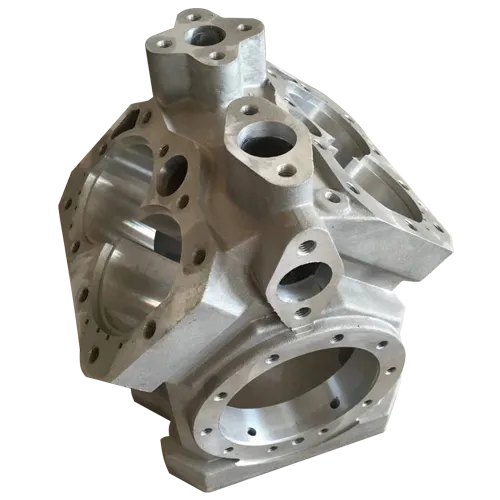Mobile:+86-311-808-126-83
Email:info@ydcastings.com
casting products
The Significance of Casting Products in Modern Manufacturing
Casting is a fundamental manufacturing process that has been utilized for centuries, transforming raw materials into intricate and functional components. The casting process involves pouring molten material, such as metal or plastic, into a mold where it cools and solidifies to take on the shape of the desired object. Given the advancements in technology and materials science, the significance of casting products in contemporary manufacturing cannot be overstated.
One of the primary advantages of casting is its ability to create complex shapes that would be challenging or impossible to achieve through other manufacturing methods. This lends itself well to various industries, including automotive, aerospace, machinery, and artistic endeavors. For example, the automotive industry relies heavily on casting processes to produce engine blocks, transmission cases, and other critical components. These casting products not only contribute to the overall performance of vehicles but also drive innovation in automotive design and engineering.
In the aerospace sector, casting plays a critical role in producing components that must withstand extreme conditions, such as high temperatures and fluctuating pressures. Materials like titanium and aluminum are often utilized for their lightweight and strong properties, further enhancing fuel efficiency and overall aircraft performance. The ability to produce geometrically complex parts, such as brackets, housings, and turbine blades, highlights the importance of casting in the quest for higher efficiency and safety standards in aviation.
Moreover, the casting process is not limited to metals. The use of polymers and composites has surged over recent decades, offering additional flexibility and customization for manufacturers. These materials can be tailored to meet specific requirements, from thermal resistance to chemical stability, further expanding the applications for casting products in industries such as electronics, consumer goods, and medical devices.
casting products

One of the most compelling aspects of casting is its scalability. Companies can produce both small and large volumes of casting products efficiently. For example, in small production runs, investment casting allows for precise, detailed components to be manufactured with minimal waste. Conversely, sand casting is applicable for high-volume production, enabling manufacturers to create large quantities of products while maintaining cost-effectiveness. As a result, businesses can adapt to fluctuating market demands without compromising on quality or throughput.
Additionally, the casting industry is benefiting from advancements in technology, such as computer-aided design (CAD) and simulation software. These innovations allow for the detailed modeling of casting products and anticipate potential defects in the design stage, thus reducing material wastage and enhancing quality control. Furthermore, automation and robotics have started to play a more prominent role in the casting industry, offering improved efficiency and safety in the manufacturing process.
Sustainability is another significant consideration in modern casting practices. As industries worldwide push towards greener manufacturing methods, more companies are exploring how to reduce their environmental impact. This includes recycling materials, implementing energy-efficient processes, and improving waste management techniques. The capacity to recycle scrap metal back into the casting process not only minimizes waste but also lowers production costs and resource consumption.
In conclusion, casting products form a cornerstone of modern manufacturing, influencing various sectors through their versatility and efficiency. The ability to create complex shapes from diverse materials, coupled with advancements in technology and materials science, positions casting as a vital component in meeting the demands of the future. As industries strive for greater sustainability and innovation, the role of casting products will undoubtedly evolve, leading to new possibilities and enhanced manufacturing capabilities. The enduring relevance of casting in our increasingly technological world is a testament to its importance and significance in shaping the products of tomorrow.
-
Understanding Metal Casting TechniquesNewsApr.02,2025
-
Understanding Exhaust Manifolds for Enhanced Engine PerformanceNewsApr.02,2025
-
The World of Metal FabricationNewsApr.02,2025
-
Key Components for Pump and Turbo EfficiencyNewsApr.02,2025
-
Essential Tools for Automotive Maintenance and RepairNewsApr.02,2025
-
Durable Valve Components for Effective Water ManagementNewsApr.02,2025











